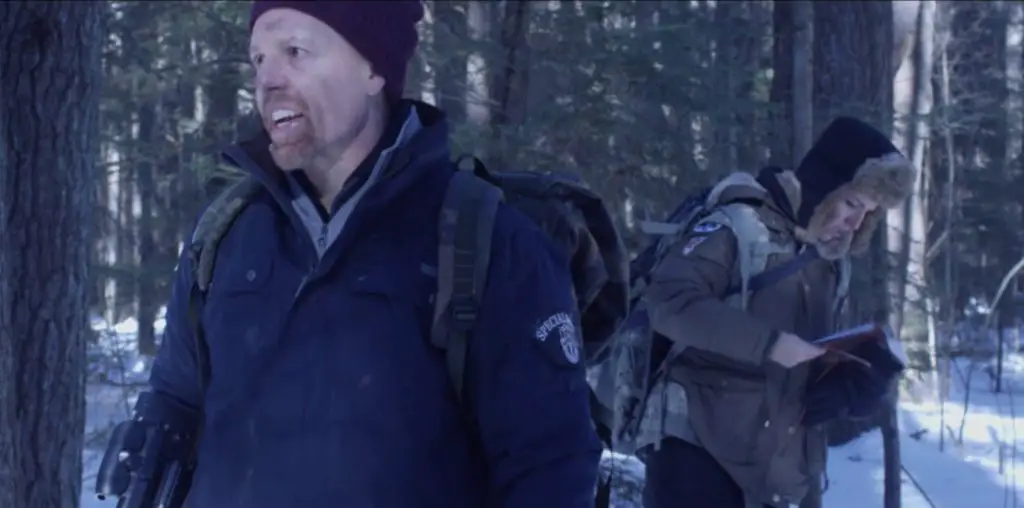
There’s a sense of rage to I Want My Name Back, Roger Paradiso’s documentary about hip hop pioneers The Sugarhill Gang, but it’s ultimately as impotent as it is dignified. A look at the numbers presented early on—the group’s breakthrough single “Rapper’s Delight” generated some $100 million in revenues between 1979-2009, of which roughly 5% went to the actual artists who wrote and recorded it—is enough for us to share in that outrage all the while, but the question of effecting a positive change remains an elusive one.
The Sugarhill Gang have been royally (and repeatedly) screwed by their record label over the years, to be sure, and so they have the dubious distinction of being not only groundbreakers but a cautionary tale as well. The trio went from sold-out worldwide tours to dire financial straits within a year, and the subsequent three decades have brought much in the way of litigious goings on, but still the question remains: what to do with all this?
Paradiso takes an unabashedly one-sided approach to his subject but, to be fair, the facts appear to support it. By interspersing present-day footage of original members Master Gee and Wonder Mike jamming in a studio, he helps paint them as the true artists—and thus increases the sense that they’ve been unjustly slighted. Though many of the stories recollected take place in the ’80s, the RIAA’s increasingly draconian attempts to remain relevant and in power over the last several years lend I Want My Name Back an unexpected timeliness. This topicality helps make the film more than a mishmash of Behind the Music / Where Are They Now? stylings, as does the fact that their struggles are ongoing.
Given the fact that the band’s name and those of the two principal performers were trademarked by their record company at the artists’ expense, I Want My Name Back comes to take on the air of protest, of a middle finger to those who have done The Sugarhill Gang harm. Clips of them performing their own songs are elided by legal necessity, and Paradiso makes no attempt to hide this fact. Even though the film goes a long way toward setting the record straight, the state of affairs has been so sordid for so long that simply being right is as much as can be hoped for. It’s a small victory, but a victory all the same.

Give them their name back!